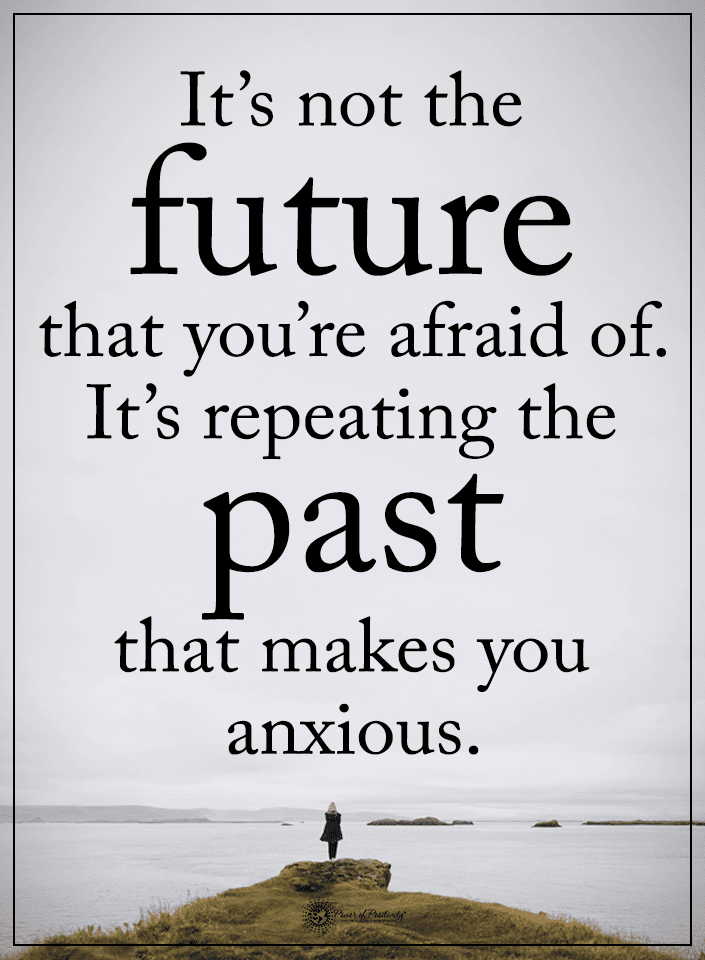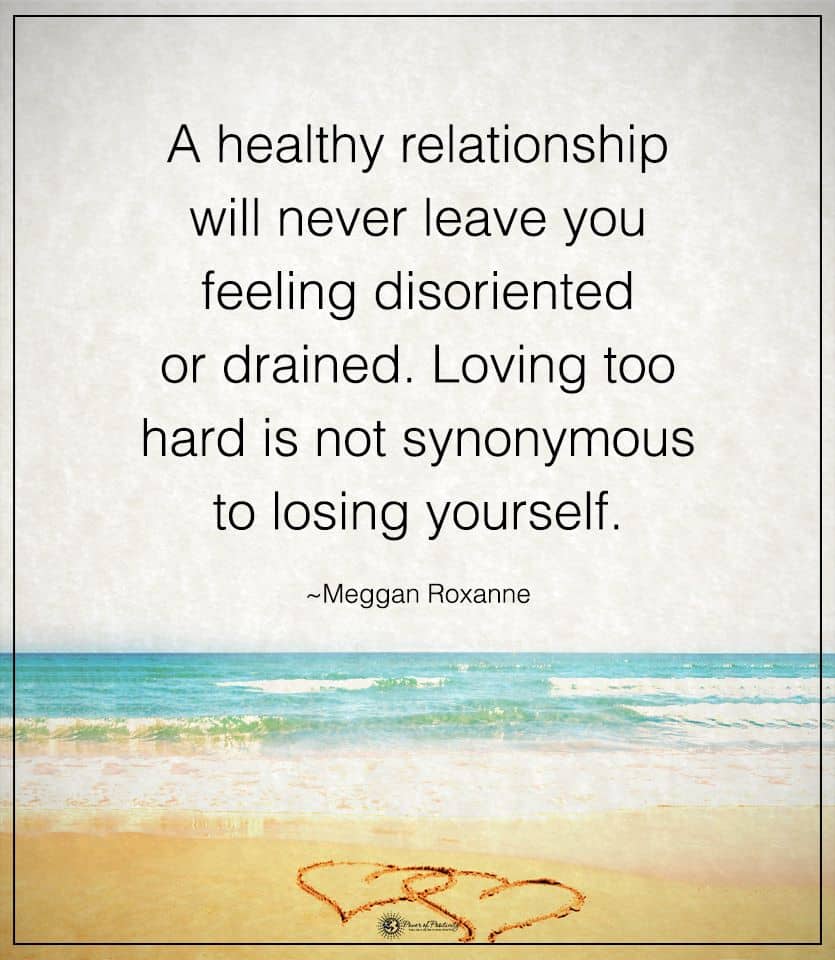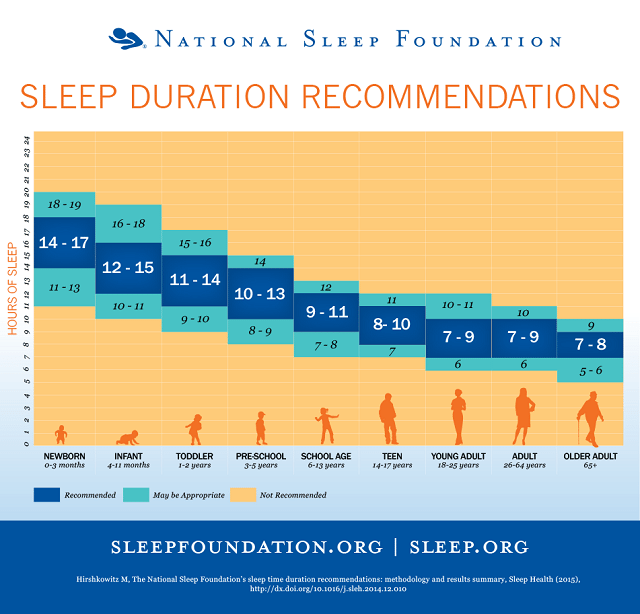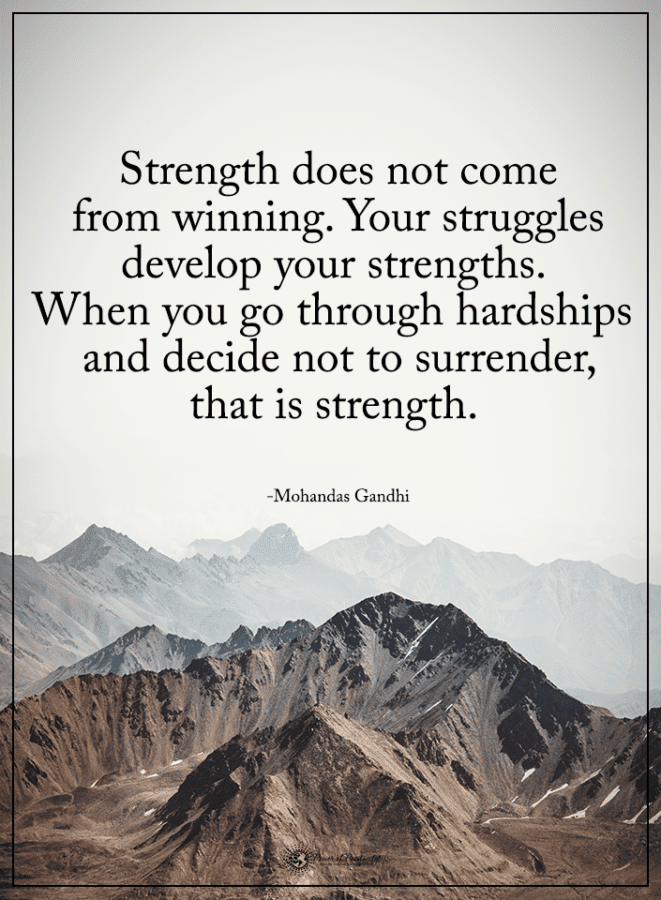“By contrast, psychological control can limit a child’s independence and leave them less able to regulate their own behaviour.” – Dr. Mai Stafford
Sometimes, family can go from being present, to being too present. Trying to find the balance between allowing children to be independent and still looking out for their best interests can be hard. However, swinging too far in one direction can result in a controlling household.
Families and parents that try to control their child’s every move create adults who display maladaptive behaviors, simply because controlling behaviors “can limit a child’s independence and leave them less able to regulate their own behavior,” says Dr. Mai Stafford. Here are some of the most common adult behaviors of someone who grew up with a controlling family or parents.
Here Are 9 Behaviors of Someone Who Grew Up in A Controlling Family
1. Trouble with codependency
Adults who grew up with a controlling family will have trouble with being codependent on other people in their lives. Sometimes, those people can turn out to be close friends. But, most often, the new role of codependency falls on a romantic partner. Because of the controlling nature of the family, the adult who grew up in that family may start to seek someone to replace the codependency of their parents.
2. Perfectionist
Someone who grew up with a controlling family is much more likely to be a perfectionist. This perfectionism often stems from wanting to avoid getting in trouble, or to avoid criticism from within the family. As an adult, the perfectionism carries over to the rest of their everyday life. This perfectionism is often maladaptive and can cause issues in the adult’s workplace or relationships.
3. Trouble with self-doubt
A controlling family will often instill a sense of uncertainty in the child in order to more easily control what they do (or don’t do).
“Often the roots of low self- esteem lie deep in a wounded child within us who feels “not good enough.” As children we feel accepted only to the extent we feel unconditionally loved and supported by our parents,” says Dr. Sonera Jhaveri.
This uncertainty carries over into adulthood in the form of self-doubt. This means that someone who had a controlling family is more likely to seek out affirmations from their friends or romantic partners. They may have trouble doing normal day-to-day tasks without getting approval from someone else in their life.
4. Feelings of intimidation
Around people with a controlling demeanor, someone who grew up with a controlling family will struggle with feelings of intimidation. This is usually left over from feeling intimidated or belittled from their own family as children. Adults who grew up with a controlling family aren’t able to process their emotions in a healthy manner, which may leave them struggling with feeling intimidated by people who have no ill-will towards them.
5. Inability to relax
Adults who grew up with a controlling family have a hard time relaxing. They often feel like they’re being watched or scrutinized. This stems from the controlling family during childhood, where the family would often exercise their need for control over the child’s need for privacy or autonomy. In adulthood, these people will still feel like they’re being watched, no matter how distant or far away from their family that they are.
6. Feelings of betrayal
If a child grew up being told that they should never, under any circumstances, get a tattoo, then as an adult, that person may struggle with feeling like they are betraying their family if they decide to get a tattoo. This could happen with any behavior that a person exhibits that had been deemed problematic or unacceptable by their controlling family. Adults with controlling families have trouble fully expressing themselves due to fear of disappointing or betraying their families.
7. Addictive personalities
When a child grows into an adult, they begin to exercise freedom from their once controlling family. For some people, this freedom can cause addictive personalities in the adult. For example, many adults who grew up in controlling families drink to excess the minute they legally can, because they’re now free of their parents control. Substance abuse is common among adults who grew up in controlling families for this reason.
8. Lying
Adults who had a controlling family growing up often default to lying, even if they don’t need to. They lie about little things – like what they had for lunch, or what they did over the weekend. The lies are not usually something large enough that they will get caught up in the lie. This is a leftover coping mechanism from childhood, in which the child would need to lie to their controlling family in order to avoid getting in trouble for expressing some autonomy over their own selves.
9. Trouble making decisions
A controlling family takes over the decision-making for the child. This results in the child never learning how to make decisions for themselves. When the child grows into adulthood, that inability to make decisions is still there. People who grew up in a controlling household seek input from the people around them before making decisions, or simply avoid making them at all.
Final thoughts
Adults who grew up with a controlling family may not realize that they’re exhibiting these behaviors until it gets pointed out to them. Like most maladaptive behaviors, there is hope to righting the issues that took place during childhood. Therapists and mental health experts have long been helping adults learn how to take control of their lives after having grown up with a controlling family or parental figure. There’s always hope, and there’s always help for adults who grew up with a controlling family.
https://youtu.be/EXElk0gq9Fk










